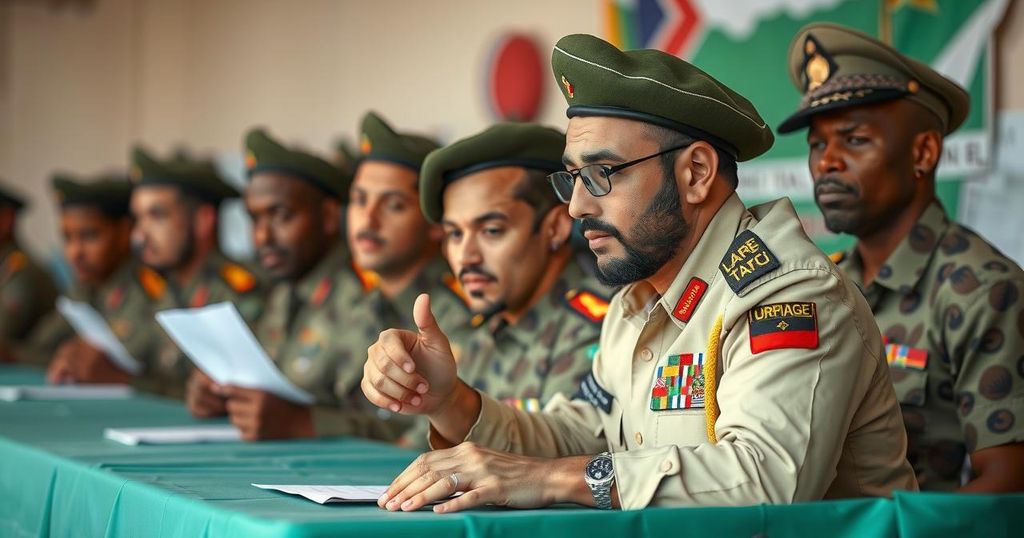Chad’s General Election: A Step Towards Democracy Amid Low Voter Turnout

Chad held a general election aimed at transitioning away from three years of military rule, but low voter turnout was reported at 38% due to opposition boycott calls.
On a crucial day for Chad, the nation cast its votes in a general election designed to pave the way toward the end of military governance, which has lasted for three years. However, the anticipated voter turnout remained disappointing, with reports indicating a participation rate of merely 38 percent. The national electoral authority, ANGE, confirmed these figures as citizens voted for representatives across the parliament, provincial assemblies, and local councils. Despite the government’s assurances regarding the election’s significance, the opposition’s calls for a boycott appear to have influenced the participation rates significantly.
The general election in Chad marks a pivotal moment in the country’s political landscape following a period of military rule that started three years ago. This election is intended to transition towards a democratic framework with elected officials guiding local and national governance. The government’s assertion of this election as a significant step towards normalization is contrasted by the opposition’s actions, leading to widespread calls for citizens to refrain from participating, thereby affecting voter turnout.
In conclusion, the election in Chad represents a critical attempt to move away from military governance towards a more democratic system. However, the substantial boycott initiated by opposition groups has resulted in low voter participation, raising concerns about the legitimacy and future direction of governance in Chad. As the country awaits the results, the implications of this election will likely resonate in its political developments for years to come.
Original Source: www.caledonianrecord.com







